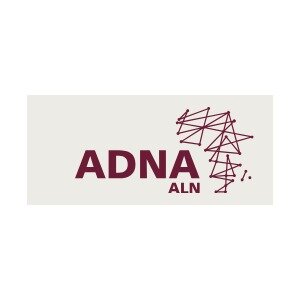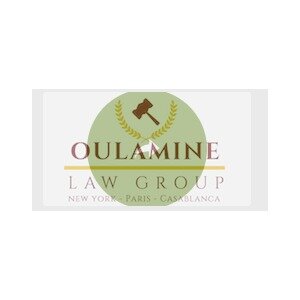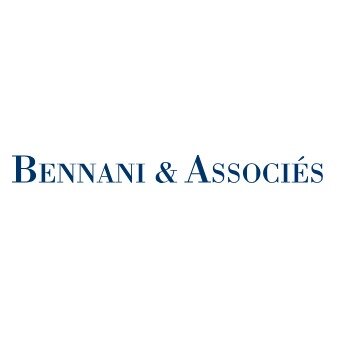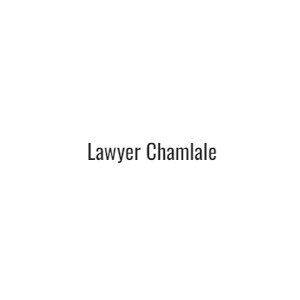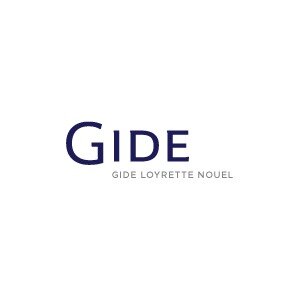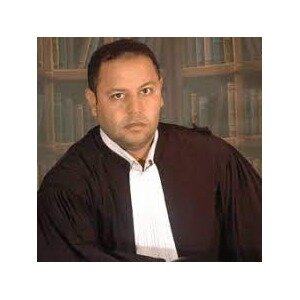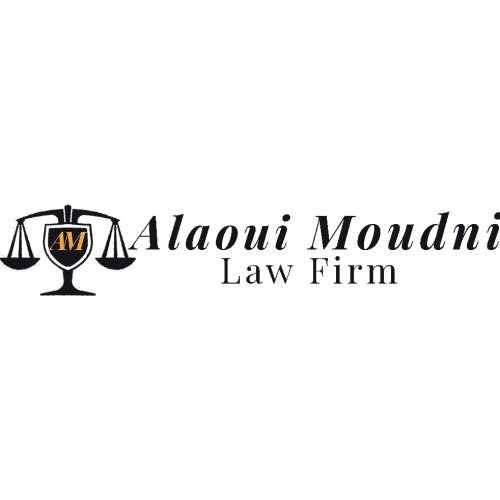Best Banking & Finance Lawyers in Casablanca
Share your needs with us, get contacted by law firms.
Free. Takes 2 min.
List of the best lawyers in Casablanca, Morocco
Morocco Banking & Finance Legal Questions answered by Lawyers
Browse our 1 legal question about Banking & Finance in Morocco and read the lawyer answers, or ask your own questions for free.
- I am a tourist and I have been scammed by my accountant in Morroco...my only proof left are the massages which we exchange,are WhatsApp massages considering an evidence?
- My accountant asked me 12000 euros to open a company, during the whole process he played a lot with me giving me false information, one day I fed up with him so I changed accountant when I was about to transfer my company, my new accountant, said my company is... Read more →
-
Lawyer answer by AKT ADVISOR LLP
Hello Sir, Sorry to hear that. Yes you can use all proof to show that he scam you. If you need reach our firm to advise you on that.
Read full answer
About Banking & Finance Law in Casablanca, Morocco
The Moroccan city of Casablanca is a major hub for banking and finance in Africa, playing host to both national and international banks, along with a vast number of finance firms. Financial laws in this city, and Morocco as a whole, are largely based on principles derived from French civil law, combined with elements of Islamic law (Sharia). Issues relating to banking and financing are governed by the Moroccan Central Bank (Bank Al-Maghrib), which sets out regulations on matters such as interest rates, loans, money transactions, and more. Knowing this landscape is crucial for anyone involved in financial activities in Casablanca.
Why You May Need a Lawyer
A lawyer well-versed in banking and finance law in Casablanca can be an invaluable guide for a range of circumstances. Whether you’re planning to start a business and require banking services, navigating the complexities of financial transactions, negotiating or reviewing contracts, handling instances of financial litigation, or simply requiring assistance with regulatory compliance, a seasoned attorney can safeguard your interests, helping you navigate the complex landscape.
Local Laws Overview
Moroccan financial laws encompass a wide variety of areas, including banking, securities, insurance, and financial contracts. Regulations regarding Anti-Money Laundering (AML) and Counter-Terrorist Financing (CTF) are particularly strict, with severe penalties attached to violations. Generally, Moroccan financial laws are designed to provide a robust framework for the operation of banks and financial institutions, while also aiming to encourage foreign investment, prevent financial crimes, protect consumer rights and foster a healthy, competitive financial marketplace.
Frequently Asked Questions
What are the regulations on foreign investments in Casablanca?
Foreign investments in Casablanca are generally encouraged, with the Moroccan government providing various incentives. However, they’re subject to certain regulations, notably around currency exchange and repatriation of profits. A local lawyer can provide the most up-to-date advice based on your specific situatio.
What lines of recourse are available against financial fraud in Casablanca?
Victims can lodge complaints with the Moroccan Central Bank or local enforcement agencies which can lead to criminal or civil penalties for offenders in proven cases of fraud. Legal recourse can include damages, recovery of losses, and punitive measures.
How are banking disputes resolved in Casablanca?
Disputes are usually first handled via the internal dispute resolution mechanisms set up by each bank. Should these fail, complaints can be brought before regulatory bodies or taken to court. Mediation is also increasingly used in Morocco for dispute resolution.
What’s the role of the Central Bank in the financial sector?
The Central Bank, or 'Bank Al-Maghrib', is responsible for issuing national currency, controlling monetary policy, regulating the banking sector, and ensuring the stability and proper functioning of the financial system.
Are loans and interest rates subject to any regulations?
Yes, the Central Bank sets out guidelines relating to loans and interest rates. Moroccan law is also informed by principles of Islamic banking which discourage usury.
Additional Resources
Important resources for individuals seeking financial legal advice in Casablanca include the Moroccan Central Bank (Bank Al-Maghrib) and the Moroccan Capital Market Authority (AMMC). Other offline resources include established law firms and legal advice centres in Casablanca.
Next Steps
If you need legal assistance in banking and finance law in Casablanca, you should consider speaking with a lawyer experienced in this field. They will be able to guide you based on the specific details of your situation. Additionally, you should also brush up on the latest banking and finance laws, which you can typically find on the websites of the aforementioned regulatory bodies.
Lawzana helps you find the best lawyers and law firms in Casablanca through a curated and pre-screened list of qualified legal professionals. Our platform offers rankings and detailed profiles of attorneys and law firms, allowing you to compare based on practice areas, including Banking & Finance, experience, and client feedback.
Each profile includes a description of the firm's areas of practice, client reviews, team members and partners, year of establishment, spoken languages, office locations, contact information, social media presence, and any published articles or resources. Most firms on our platform speak English and are experienced in both local and international legal matters.
Get a quote from top-rated law firms in Casablanca, Morocco — quickly, securely, and without unnecessary hassle.
Disclaimer:
The information provided on this page is for general informational purposes only and does not constitute legal advice. While we strive to ensure the accuracy and relevance of the content, legal information may change over time, and interpretations of the law can vary. You should always consult with a qualified legal professional for advice specific to your situation.
We disclaim all liability for actions taken or not taken based on the content of this page. If you believe any information is incorrect or outdated, please contact us, and we will review and update it where appropriate.
Browse banking & finance law firms by service in Casablanca, Morocco
Casablanca, Morocco Attorneys in related practice areas.




